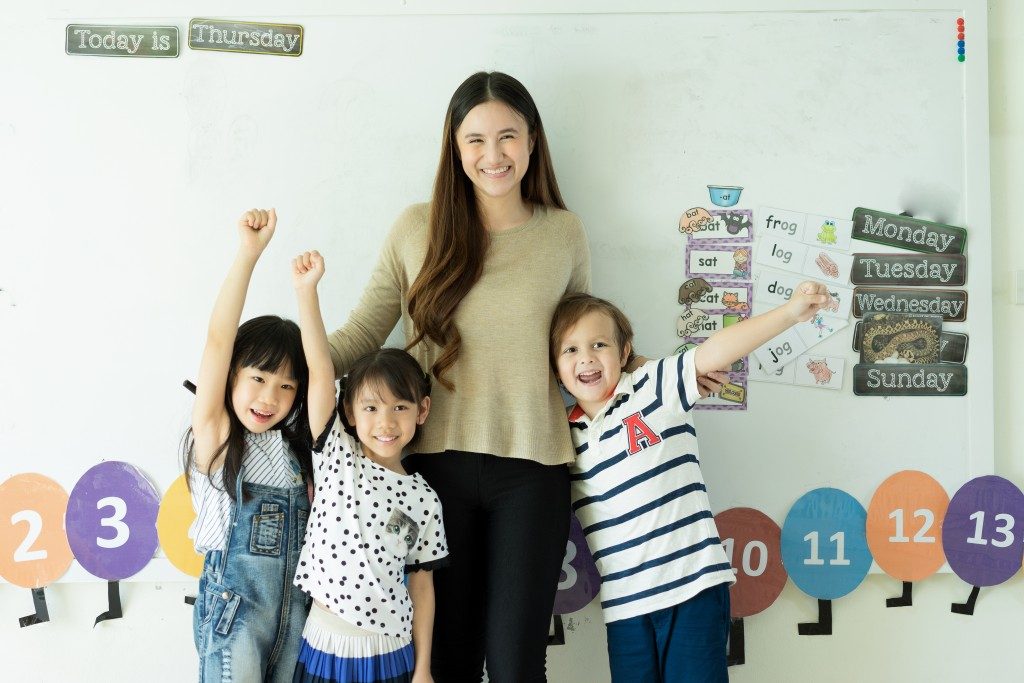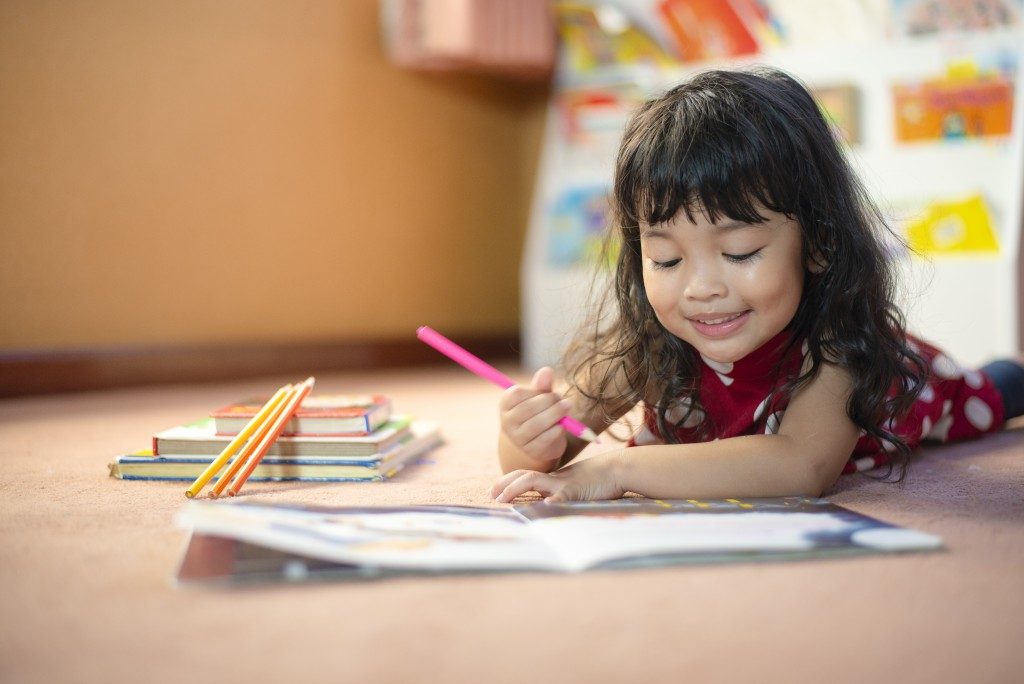Over the last decade, inclusion for special education has slowly become the trend in educational institutions across Indonesia. More and more schools see the need to provide children with learning disabilities the chance to receive an education alongside children without disabilities.
In a study done by Excellence in Higher Education, 54 per cent of schools out of 186 institutions in the survey had already set a quota for special education needs (SEN) students. This is good news since, in the same study, there were 3, 419 recorded SEN students out of 24, 412, making up 12 per cent of the student body. Creating inclusive spaces for these students gives them the opportunity to learn in an environment that is safe for them.
Getting Rid of the Stigma
There is this big fear that children without learning difficulties in inclusive settings are going to be slowed down by children who do. There are still schools in Indonesia that separate SEN students from other students also giving SEN students limited access to the same types of curriculum as general education students.
However, researchers in Haring Center at the University of Washington found that the result of an inclusive learning space is, in fact, not harmful to either SEN or non-disabled students. After studying inclusive education for more than 50 years, the researchers discovered that children both with and without disabilities perform better in inclusive classrooms.
For example, ProEducation School, one of the best international schools in Bali, takes in students with learning difficulties and provides frameworks of activities that develop these students’ personal, social and independence skills. Their 1:5 teacher-to-student ratio is excellent for engaging creative and targeted learning in a supportive environment. They also have a team of specialists who provide therapy and counselling whenever needed.
The Teacher as a Pioneer

A teacher’s role is crucial in ensuring the effectiveness of inclusive education. It is up to the teachers to maintain an environment that anticipates and caters to students with special needs. Inclusive education will always remain a pipe dream unless our teachers show sincerity and exhaust all possible efforts in creating an all-encompassing space where children with or without learning difficulties can learn together.
In a local Montessori house in Kathmandu, a visually impaired boy was fully included in the learning space, encouraging an environment of generosity during class. The teacher who led the class said that the student’s attendance not only introduced diversity to the classroom, he also made his peers less self-seeking, making sure it was a space where all students could become more accommodating to each other.
We can always do better. After all, the paramount duty of our nation is to educate all children. By being more accepting towards SEN students as well as offering educators the training and coaching that they need to teach all children at school, we prepare future institutions for inclusivity. It is a must that we recognise special education is not a place but a service that schools must provide to every student, no matter their needs and difficulties.
